FAQ: 2020 Farm Requirements
A detailed FAQ about the Rainforest Alliance 2020 Sustainable Agriculture Standard Farm Requirements.
Home / Business / Certification / Page 25
Certification has had a huge impact in bringing sustainability to the forefront of business thinking, but it must continue to evolve to provide more value to farmers and companies and ensure that people and nature can thrive in harmony.
That's why the Rainforest Alliance launched its new Certification Program, which entered into force in July 2021. The Sustainable Agriculture Standard, along with its assurance and technology systems, are data-powered, and based on the principles of continuous improvement, risk-based assurance, contextualization, and shared responsibility. This is how we can deliver more value to the two million farmers and thousands of businesses that use Rainforest Alliance certification to drive more sustainable agricultural production and responsible supply chains.
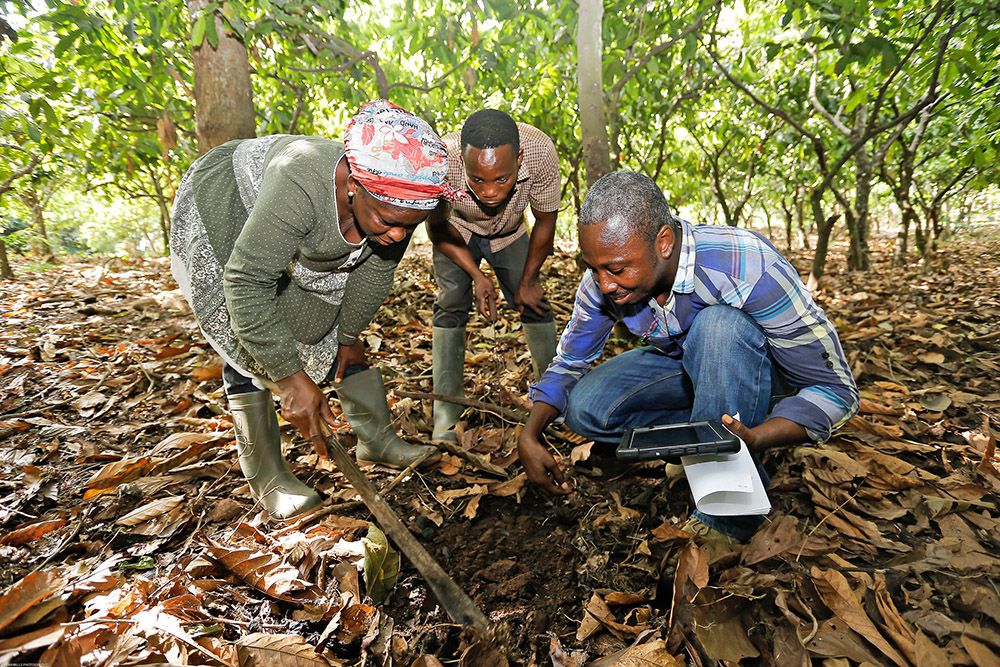
The certification program is part of the Rainforest Alliance’s strategy to drive sustainability at scale in the sectors in which we operate through interconnected interventions supporting certification, tailored supply chain services, landscapes and communities, and advocacy.
Key priorities of our cocoa strategy are assurance, shared responsibility, supply chain transparency, and profitability and resilience.
How we have tailored the implementation and verification of standards requirements on child labor and forced labor to the risk exposure of each farm.
Our shared responsibility approach aims to distribute benefits and costs of certification more evenly between farmers and companies.
Begin your journey of certification with the Rainforest Alliance.
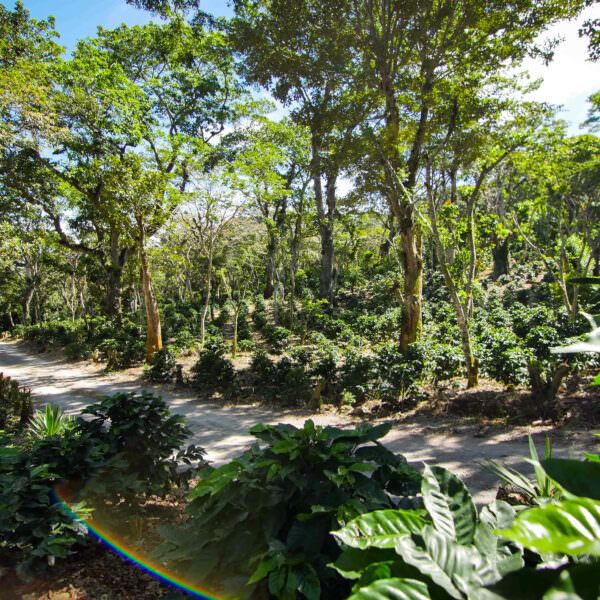
A detailed FAQ about the Rainforest Alliance 2020 Sustainable Agriculture Standard Farm Requirements.
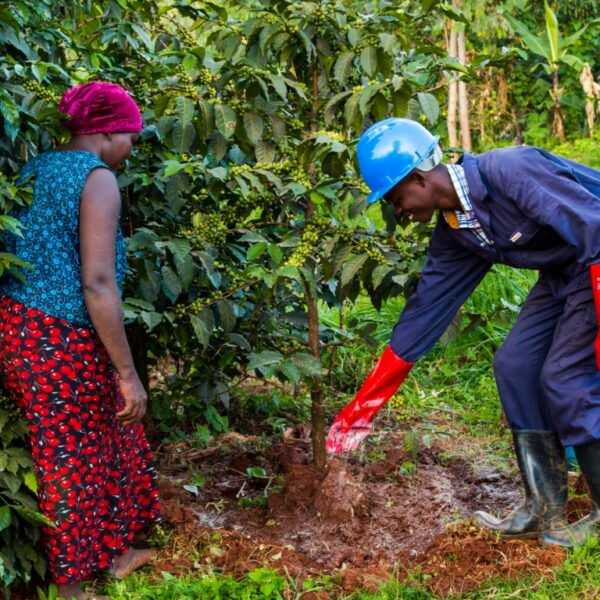
Find out what Ugandan coffee exporter, Kyagalanyi Coffee, had to say about the new program—from the improvements to the challenges.
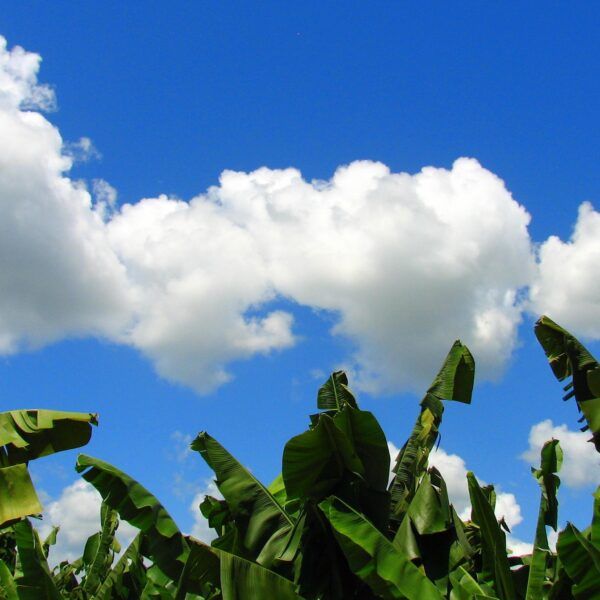
After teaming up for an early implementation pilot of our strengthened certification program, both Finca Esmeralda and the Rainforest Alliance took away learnings that will contribute to a more sustainable banana sector.
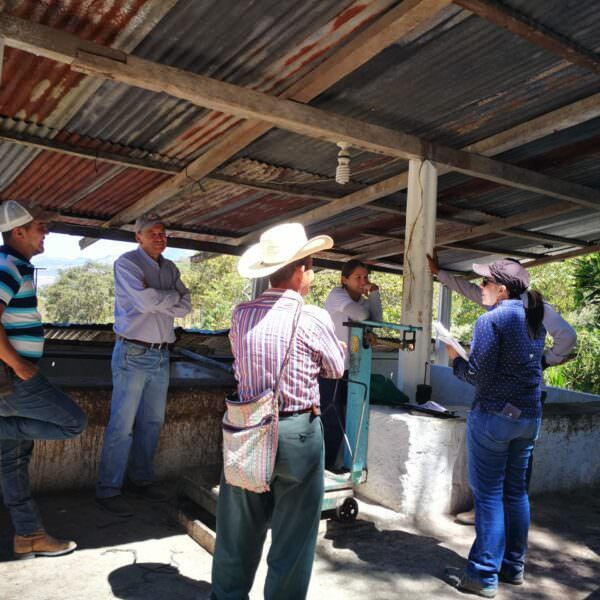
Rainforest Alliance certification is carried out by our authorized certification bodies. Find an authorized certification body in your county.

View this report for an in-depth look at our Rainforest Alliance banana certification statistics and analysis of how our program developed in 2021.

View this report for an in-depth look at our Rainforest Alliance and UTZ coffee certification statistics and analysis of how our programs developed in 2021.

View this report for an in-depth look at our Rainforest Alliance and UTZ cocoa certification statistics and analysis of how our programs developed in 2021.

This document is to help farmer groups and companies wishing to pursue Rainforest Alliance certification in Cameroon to reduce the risks of deforestation and biodiversity loss in their supply chains by analyzing the Cameroonian regulatory framework for no go areas and exception conditions.

A key aspect of climate-smart agriculture (CSA) is helping farmers to improve farm productivity, thus achieve higher incomes and improved standard of living. Our four main interconnected areas of work—certification, landscape management, tailored supply chain services, and advocacy—have been designed to help support this goal.

This document is for Certification Bodies to register inconsistencies found in the field during the audit by comparing field observations and the risk assessment results provided by the Rainforest Alliance.